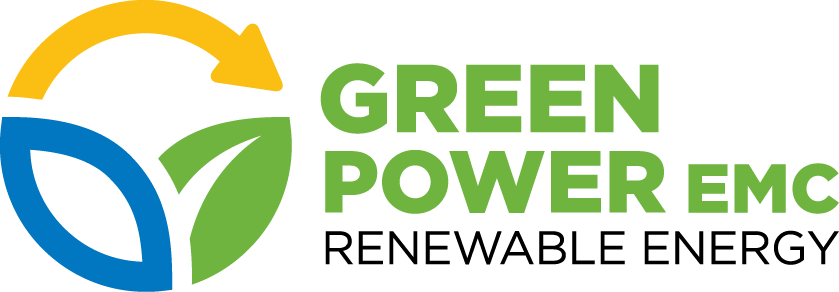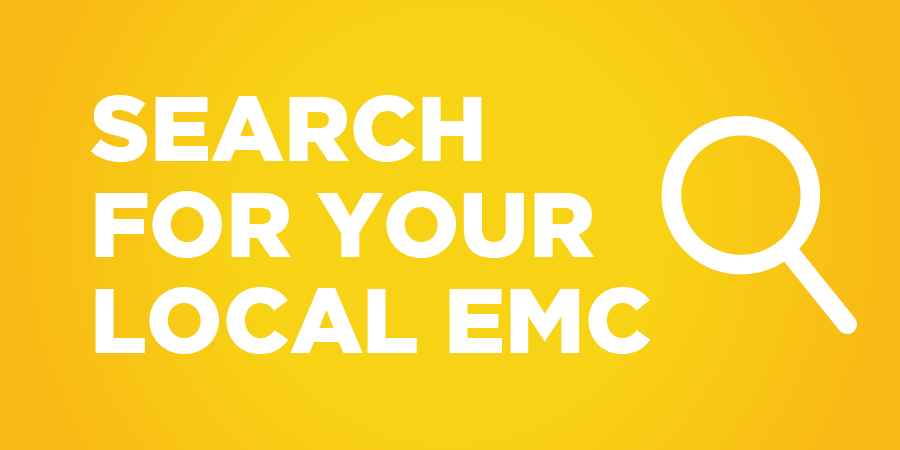GEORGIA'S EMCs LEAD THE NATION AMONG ELECTRIC COOPERATIVES FOR SOLAR ENERGY.
Georgia's EMCs have more than 1,838 megawatts of solar energy online today — enough to help power more than 380,000 EMC households annually. With another 447 megawatts under construction, our member EMCs’ solar capacity is expected to grow to more than 2,306 megawatts by 2027.

